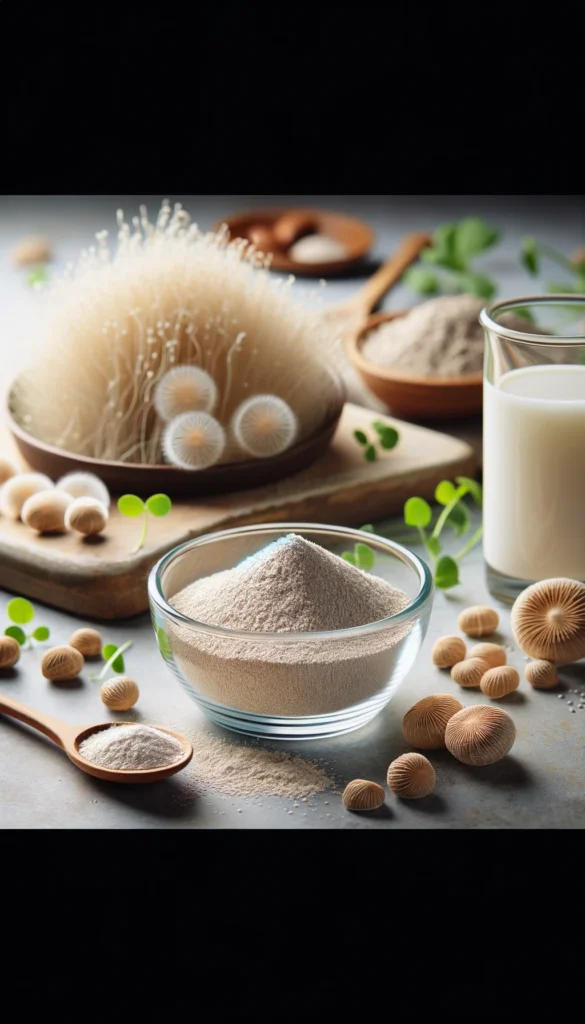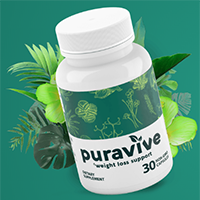Psyllium and Gut Health: A Fiber-Rich Path to Wellness
In the realm of dietary supplements, psyllium has emerged as a potent ally for gut health, thanks to its remarkable fiber content. Derived from the seeds of the Plantago ovata plant, psyllium husk is celebrated for its ability to support digestive wellness, ease constipation, and promote overall gut health. This article delves into the science behind psyllium’s benefits, highlighting its role in fostering a healthy digestive system.
The Power of Soluble Fiber
Psyllium is predominantly composed of soluble fiber, which absorbs water to form a gel-like substance in the digestive tract. This property not only aids in softening stools, making them easier to pass, but also slows down digestion, leading to a more gradual absorption of nutrients. By doing so, psyllium can help regulate blood sugar levels and lower cholesterol, contributing to cardiovascular health.
Enhancing Gut Health
The benefits of psyllium extend beyond easing constipation. Its ability to add bulk to the stool and promote regular bowel movements is crucial for maintaining a healthy gut ecosystem. Regular elimination helps in the expulsion of waste and toxins, reducing the risk of colon diseases. Moreover, psyllium acts as a prebiotic, providing nourishment for beneficial gut bacteria, which are vital for digestion, nutrient absorption, and even mental health.
Combatting Constipation and IBS
For individuals suffering from constipation or irritable bowel syndrome (IBS), psyllium can offer significant relief. Clinical studies have shown that regular intake of psyllium supplements leads to improved bowel movement frequency and softer stools in individuals with chronic constipation. Additionally, for those with IBS, psyllium can help manage symptoms by regulating bowel movements, thereby improving quality of life.
Dosage and Consumption
Incorporating psyllium into the diet is straightforward, with many opting to mix psyllium husk powder into water, smoothies, or juices. It’s crucial to consume it with ample fluids, as its high absorbency requires sufficient hydration to work effectively. While psyllium is generally safe for most people, starting with a low dose and gradually increasing it allows the body to adjust, minimizing potential side effects like bloating or gas.
Considerations and Recommendations
Before adding psyllium or any dietary supplement to your routine, consulting with a healthcare provider is advisable, especially for those with preexisting digestive issues or taking medications. As with any dietary change, integrating psyllium should complement a balanced diet rich in diverse nutrients, emphasizing the importance of a holistic approach to gut health.
Conclusion
Psyllium stands out as a natural, effective, and versatile supplement for enhancing gut health. Its high soluble fiber content not only helps in managing constipation and supporting regular bowel movements but also plays a critical role in nurturing the gut microbiome. By fostering a healthier digestive environment, psyllium contributes to overall well-being, underscoring the intrinsic connection between gut health and broader health outcomes.


